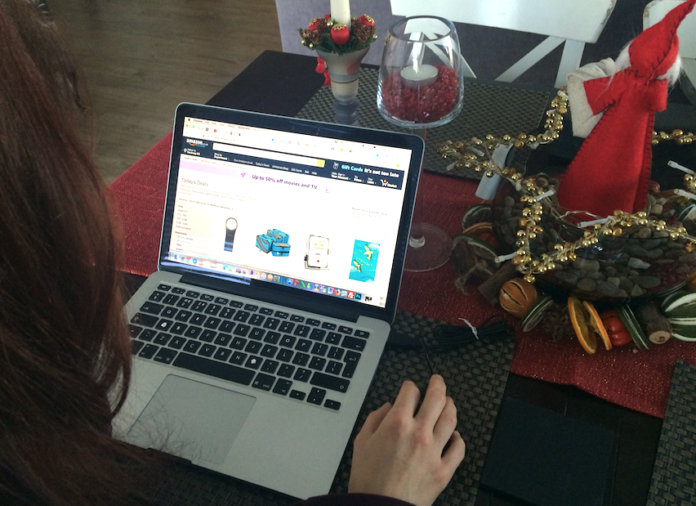The UK’s digital divide narrowed during the coronavirus pandemic, as people have gone online to escape the lockdown, Ofcom research suggests.
The proportion of homes without internet access appears to have fallen from 11% in March 2020, when the UK entered lockdown, to 6% of homes in March this year.
Adults with previously limited digital skills have embraced online shopping, digital banking and video calling friends and family – while younger people acted as IT support, helping older or less digitally-confident friends and relatives get connected.
Despite many more people taking a leap of faith into the online world, for the 6% of households who remain offline, the research finds that digital exclusion during lockdown is likely to be more disempowering than ever.
Groups least likely to have home internet access are those aged 65+ , lower income households , and the most financially vulnerable. Almost half of adults who remain offline say they find the internet too complicated, or it holds no interest for them. Meanwhile, for more than a third of people a lack of equipment is a barrier.
However, six in ten of those who don’t use the internet at home say they have asked someone to do something for them online in the past year. Among these ‘proxy users’, the most common need was help in buying something.
While research on parents and children found nearly all children of school age had online access in the home, 4% relied solely on mobile internet access during the pandemic – with 2% only able to get online using a smartphone. School-aged children from the most financially vulnerable homes were more likely than those in the least financially vulnerable households to have mobile-only access.
Additionally, around one in five children did not have consistent access to a suitable device for their online home learning. This increased to a quarter of children from households classed as most financially vulnerable.
Most children with intermittent access had to share a device to manage home-schooling. For 3% of schoolchildren, the lack of access to a device prevented them from doing any schoolwork at all.
Yih-Choung Teh, Ofcom’s Strategy and Research Group Director, said: “For many people, lockdown will leave a lasting legacy of improved online access and better digital understanding. But for a significant minority of adults and children, it’s only served to intensify the digital divide.
“We’ll continue to work with Government and other partner organisations to promote digital literacy and ensure that people of all ages and backgrounds are empowered to share in the benefits of the internet.”







